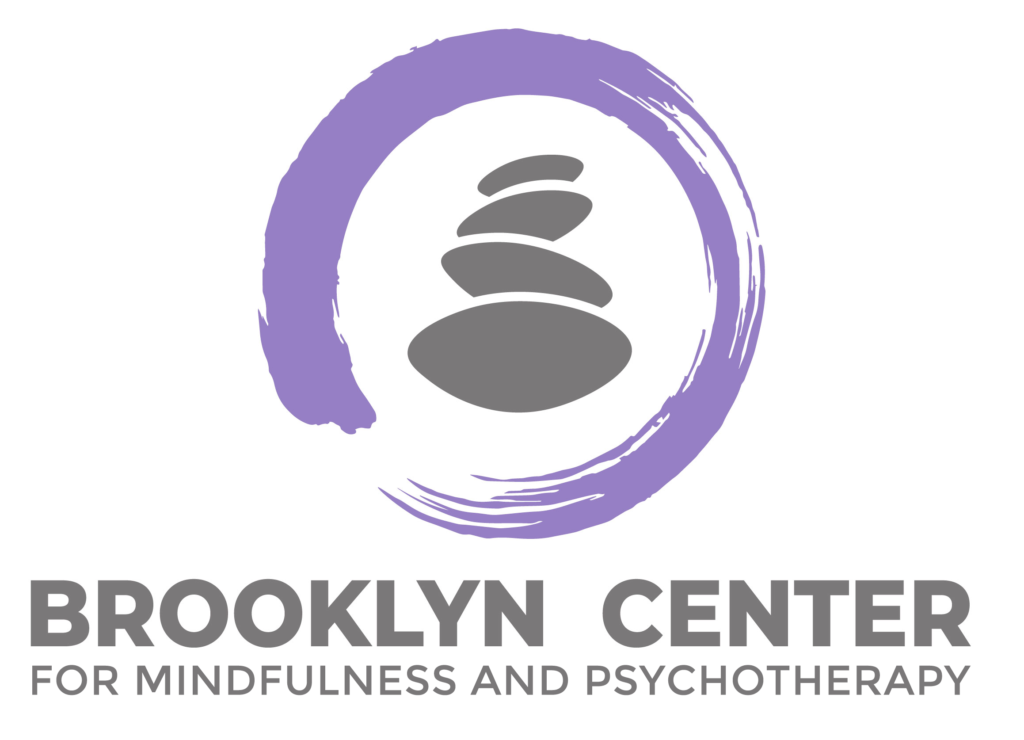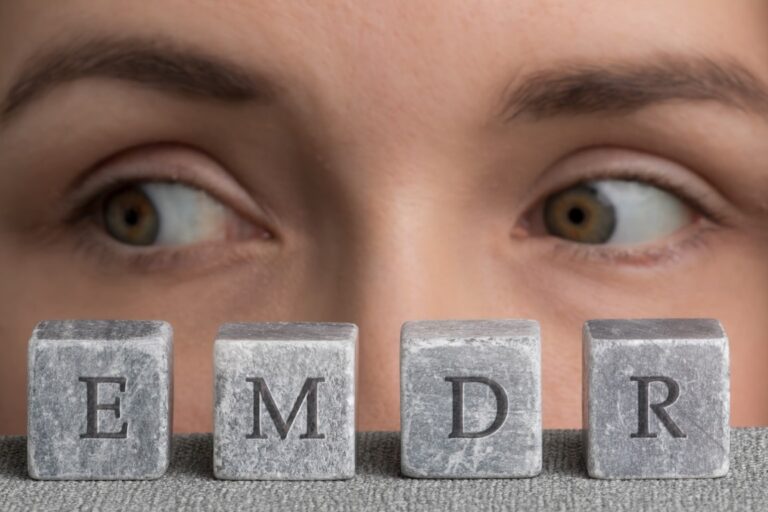Welcome to our blog series, where we delve into the intricacies of mental health and gain valuable insights from a seasoned therapist based in New York. In this thought-provoking collection of articles, we aim to shed light on the complexities of the human mind, explore various therapeutic approaches, and provide practical guidance for navigating mental well-being challenges. Join us on this empowering journey of understanding and self-discovery as we unlock the secrets of mental health with the help of our esteemed therapist.
What is Mental Health?
Mental health is a person’s emotional, psychological, and social well-being. It affects how people think, feel, and behave daily. In New York, mental health is an important issue being addressed through various programs and services to promote mental wellness and support those who need it. The city has a range of mental health clinics, hospitals, and community centers that offer counseling, therapy, and other resources to help individuals cope with mental health challenges. Numerous organizations and advocacy groups are also working to raise awareness about mental health issues and reduce the stigma surrounding them. Mental health is a crucial aspect of overall wellness and quality of life in New York City.

The Importance of Mental Health
The importance of mental health in New York cannot be overstated. With a population of over 8 million people, the city can be an incredibly stressful and overwhelming place to live. The prevalence of mental health issues such as anxiety, depression, and substance abuse is high in New York, so individuals must prioritize their mental well-being.
Fortunately, numerous resources throughout the city offer support and assistance to those struggling with mental health concerns. From therapy and counseling services to support groups and crisis hotlines, many options exist for those seeking help. Individuals need to recognize that taking care of their mental health is just as important as their physical health, and seeking help is a sign of strength.
Types of Mental Health Disorders
Like any other place, New York is home to a wide range of mental health disorders. These disorders can affect individuals of all ages, backgrounds, and socioeconomic statuses. Here are some common types of mental health disorders that exist in New York, as well as elsewhere:
- Anxiety Disorders: Anxiety disorders are characterized by excessive worry, fear, and unease. They include generalized anxiety disorder (GAD), panic disorder, social anxiety disorder, and specific phobias.
- Mood Disorders: Mood disorders involve significant changes in a person’s emotional state. Examples include major depressive disorder (depression), bipolar disorder (characterized by alternating periods of depression and mania), and dysthymia (persistent depressive disorder).
- Schizophrenia Spectrum Disorders: Schizophrenia is a chronic mental disorder that affects a person’s perception of reality, thinking, emotions, and behavior. Other conditions on the schizophrenia spectrum include schizoaffective disorder and schizotypal personality disorder.
- Substance Use Disorders: Substance use disorders occur when an individual becomes dependent on or addicted to drugs or alcohol, leading to significant impairment in their life. This includes conditions such as alcoholism, drug abuse, and addiction.
- Attention-Deficit/Hyperactivity Disorder (ADHD): ADHD is a neurodevelopmental disorder characterized by difficulty sustaining attention, hyperactivity, and impulsivity. It can affect both children and adults.
- Personality Disorders: Personality disorders involve enduring behavior patterns, cognition, and inner experiences that deviate from societal norms. Examples include borderline personality disorder, narcissistic personality disorder, and antisocial personality disorder.
- Post-Traumatic Stress Disorder (PTSD): PTSD can develop after experiencing or witnessing a traumatic event. Intrusive memories, avoidance, hyperarousal, and negative changes in mood and thinking characterize it.
- Obsessive-Compulsive Disorder (OCD): OCD involves persistent, intrusive thoughts (obsessions) and repetitive behaviors or mental acts (compulsions) that individuals feel compelled to perform.
- Sleep Disorders: Sleep disorders disrupt a person’s typical sleep pattern and can significantly impact their overall well-being. Examples include insomnia, sleep apnea, and narcolepsy.
What are the Benefits of Therapy for Mental Health?
Therapy, also known as psychotherapy or counseling, can offer several benefits for mental health. These benefits apply not only to New York but also to other locations. Here are some advantages of therapy:

- Emotional Support: Therapy provides a safe and non-judgmental space for individuals to express their thoughts, emotions, and experiences. A supportive therapist can help people feel heard, understood, and validated.
- Improved Coping Skills: Therapists can teach individuals effective strategies and coping skills to manage stress, anxiety, depression, and other mental health challenges. These skills may include relaxation techniques, problem-solving strategies, and mindfulness exercises.
- Increased Self-Awareness: Therapy encourages self-reflection and self-exploration. It helps individuals better understand their thoughts, emotions, behaviors, and patterns. By developing self-awareness, people can make positive changes in their lives.
- Relationship Enhancement: Therapy can improve communication and interpersonal skills, benefiting personal and professional relationships. It can help individuals understand their needs, set boundaries, and navigate conflicts more effectively.
- Mental Health Management: Therapy provides tools and techniques for managing mental health conditions. It can assist individuals in developing personalized strategies to minimize symptoms, prevent relapse, and improve overall well-being.
- Trauma Resolution: Therapeutic approaches like trauma-focused therapy can assist individuals in processing and healing from traumatic experiences. Therapy can help reduce the impact of past traumas and alleviate symptoms such as flashbacks, nightmares, and anxiety.
- Personal Growth and Development: Therapy is not only about addressing mental health issues but also about personal growth and development. It can help individuals discover their strengths, values, and goals and support them in achieving their full potential.
- Support for Life Transitions: Major life changes such as job loss, divorce, or relocation can be challenging. Therapy offers support during these transitions, helping individuals adapt, cope with stress, and make informed decisions.
- Enhanced Problem-Solving Skills: Therapy can improve problem-solving abilities by providing a fresh perspective, guiding individuals to explore alternative solutions, and assisting in decision-making.
- Reduced Feelings of Isolation: Many people struggle with loneliness and isolation, especially in large cities like New York. Therapy provides a supportive connection with a therapist who can offer understanding and compassion, reducing feelings of isolation.
Can Mental Health be Prevented?
Mental health issues cannot necessarily be prevented, but steps can be taken to reduce the risk of developing them. Many resources are available in New York for individuals seeking mental health support and treatment. Regular exercise, a healthy diet, and enough sleep can all contribute to better mental health. It is also essential to maintain social connections with friends and family and seek professional help if needed. NYC Well is a free, confidential mental health support line that operates 24/7 and provides information on local resources. By caring for one’s mental health and seeking help when needed, individuals can reduce their risk of developing mental health issues and lead happier, healthier lives.
What are Some Common Treatments for Mental Health Problems?
In New York, like in many other places, various common treatments are available for mental health problems. The specific treatment approach depends on the individual’s diagnosis, severity of symptoms, and personal preferences. Here are some common treatments used in mental health care:
- Psychotherapy: Also known as talk therapy, psychotherapy involves discussing and exploring thoughts, feelings, and behaviors with a trained therapist. Different types of psychotherapy include cognitive-behavioral therapy (CBT), dialectical behavior therapy (DBT), psychodynamic therapy, and family therapy.
- Medication: Psychiatrists or other qualified healthcare professionals may prescribe medications to help manage mental health conditions. Commonly prescribed medications include antidepressants, antianxiety drugs, mood stabilizers, and antipsychotics. It’s important to note that a healthcare professional should prescribe and monitor medicine.
- Support Groups: Support groups provide a safe and supportive environment for individuals facing similar mental health challenges. Professionals may facilitate these groups or lead by peers who have experienced similar struggles. Support groups offer an opportunity to share experiences, gain insights, and receive support from others.
- Hospitalization and Residential Treatment: Hospitalization or residential treatment programs may be necessary in severe cases. These options provide intensive care and support for individuals experiencing acute mental health crises or requiring a structured environment to manage their condition.
- Self-Help Strategies: Engaging in self-help strategies can be beneficial in managing mental health concerns. This can include practicing relaxation techniques, regular exercise, maintaining a healthy lifestyle, incorporating stress-reduction techniques, and pursuing activities promoting well-being.
- Alternative Therapies: Some individuals find complementary and alternative therapies helpful in conjunction with traditional treatments. These may include art therapy, music therapy, yoga, mindfulness practices, acupuncture, or herbal supplements. It’s essential to consult with a healthcare professional before incorporating alternative therapies.
- Case Management and Community Support: Case management services can help individuals access appropriate mental health resources, coordinate care, and navigate the healthcare system. Community support programs offer assistance with housing, employment, and other social services that promote overall well-being.
Conclusion
In conclusion, gaining a deeper understanding of mental health through the insightful guidance of therapists at Brooklyn Mindful in New York can be a transformative experience. This center’s compassionate and knowledgeable therapists offer a safe space for individuals to explore their inner worlds, providing invaluable support and tools for healing and personal growth. Whether you’re struggling with anxiety, depression, or simply seeking greater self-awareness, reaching out to Brooklyn Mindful can be vital to achieving mental well-being. Contact them today to embark on your journey towards a more mindful and fulfilling life.




